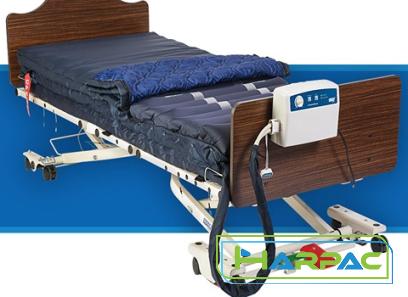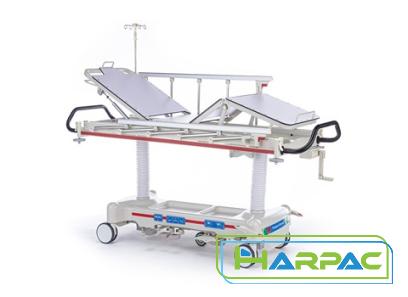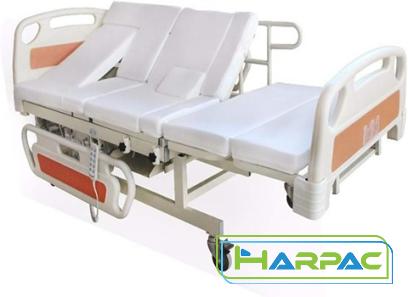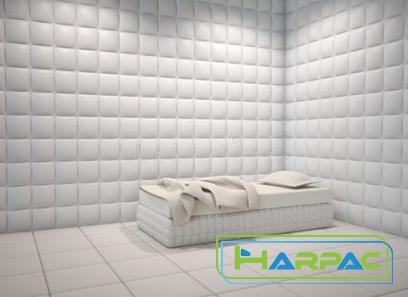Hospital bed mattresses play a crucial role in ensuring the comfort and well-being of patients during their stay. However, the prices of these mattresses can vary significantly based on various factors. This article aims to provide an in-depth analysis of hospital bed mattress prices, considering the key factors influencing their cost and the broader implications for healthcare facilities.
Factors Influencing Hospital Bed Mattress Prices:
1. Material Quality and Technology:
Hospital bed mattresses are available in various materials, each with distinct features and benefits. The cost is often influenced by the quality and type of material used. For instance, advanced foam or pressure-relieving gel mattresses may come at a higher price due to their enhanced comfort and pressure ulcer prevention capabilities.
2. Specialized Medical Requirements:
Certain medical conditions may necessitate the use of specialized mattresses, such as those designed for patients with pressure ulcers, respiratory issues, or spinal injuries. These specialized mattresses are costlier due to their specific features and functionality, addressing unique medical needs.

3. Durability and Longevity:
The lifespan of a hospital bed mattress is an important consideration. High-quality mattresses designed to withstand long-term use and frequent cleaning and disinfection processes tend to have higher prices. Investing in durable mattresses can lead to cost savings over time, as they typically require less frequent replacement.
4. Customization Options:
Some hospitals require customized mattresses that fit specific bed frames or feature adjustable firmness options based on individual patient needs. Such customization comes at an additional cost as it involves specialized manufacturing or altering standard mattresses to meet specific requirements.
5. Regulatory Compliance:
Hospital bed mattresses must comply with various safety and regulatory standards, such as fire safety regulations. Meeting these requirements can lead to increased manufacturing costs, subsequently impacting the final price of the mattresses.
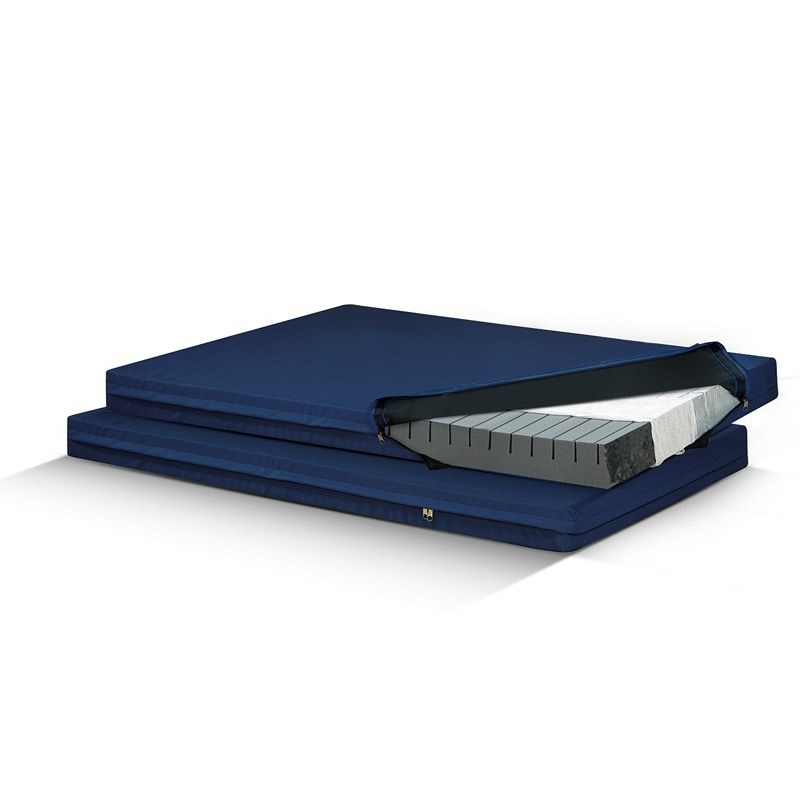
Implications for Healthcare Facilities:
1. Budget Considerations:
Hospital bed mattresses represent a significant expense for healthcare facilities. Administrators must balance providing high-quality, comfortable mattresses while considering financial constraints. Conducting thorough research, comparing prices, and negotiating with suppliers are essential strategies for optimizing mattress purchases.
2. Patient Comfort and Outcomes:
Investing in proper bedding, including mattresses, can positively impact patient experience, comfort, and recovery outcomes. Well-maintained, comfortable mattresses reduce pressure ulcers, improve sleep patterns, and enhance patient satisfaction, ultimately leading to improved healthcare outcomes.
3. Cost-Benefit Analysis:
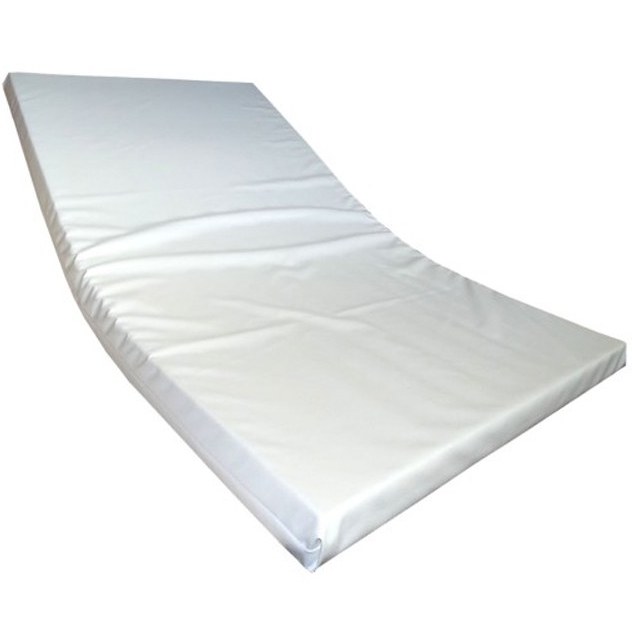
While cost is a crucial factor, healthcare facilities must consider the long-term benefits associated with investing in high-quality mattresses. By preventing pressure ulcers and other health-related complications, these mattresses can reduce additional healthcare costs, improve patient outcomes, and enhance overall efficiency.
Hospital bed mattress prices are influenced by various factors, including material quality, technology, customization options, regulatory compliance, and specialized medical requirements. Healthcare facilities should carefully consider these aspects, balancing cost considerations with patient comfort and long-term benefits. By investing in high-quality mattresses, hospitals can improve patient satisfaction, enhance outcomes, and optimize their overall healthcare delivery.
